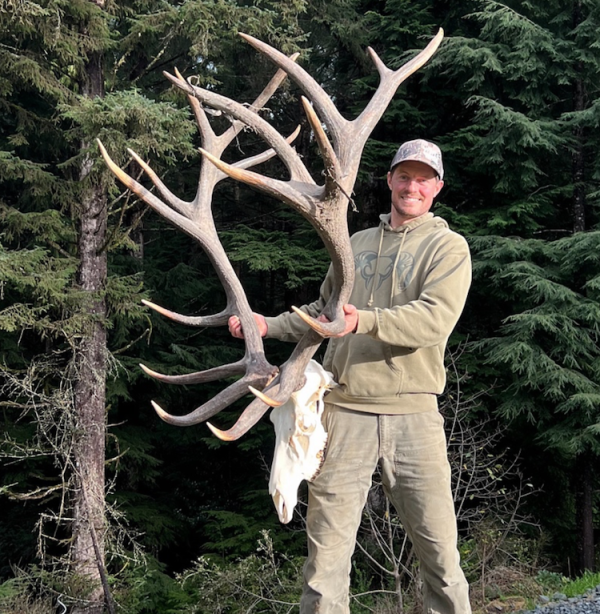Defining Fair Chase
By Glen Wunderlich
When discussing the term “fair chase” relative to hunting, no organization has been at the forefront of the issue more than the Boone and Crockett Club (the Club), which was founded by Theodore Roosevelt in 1887. Obviously, in the days of market hunting and before regulations and licensing were put in place, sustainability of any given species was given little consideration. While much has changed since then, the continued advancement in hunting-related equipment and techniques may have outpaced what heretofore has been considered under the banner of fairness.
The Club defines fair chase as “the ethical, sportsmanlike, and lawful pursuit and taking of any free-ranging wild, native North American big game animal in a manner that does not give the hunter an improper advantage over such animals.” Merely following the law certainly does not necessarily fit such a definition; rather, fair chase becomes a mindset that is measured by one’s own sense of doing the right thing. While it may seem counterintuitive to the uninformed, loss of hunting rights can equate into a loss of conservation, and accordingly a loss to wildlife.
“Conservation means development as much as it does protection. I recognize the right and duty of this generation to develop and use the natural resources of our land; but I do not recognize the right to waste them, or to rob, by wasteful use, the generations that come after us.” —Theodore Roosevelt, The New Nationalism speech, 1910.
What follows are excerpts from a recent comprehensive essay on fair chase by the Boone and Crockett Club.
A most basic tenet of fair chase is determining if an animal has a reasonable opportunity to escape; if it does not, the hunt cannot be considered fair chase. Additionally, technology can become a substitute for basic skills in the field in which it not only undermines the hunting experience, but also has the potential to erode public support for hunting. The truth is, we are hunting today because the majority of sportsmen over the past century have held themselves to a high ethical standard. Fair chase is not only significant to a personal hunting ethic; it is critical to the continuation of hunting and the success of conservation in North America. Hunting traditions are potentially at risk if the majority of citizens develop a negative perception of hunting, whether this perception is justified or not. Ethics may be a matter of choice, but the actions of individuals can come to represent the entire group and it is important that hunters understand this.
“In the United States, while the right to keep and bear arms is constitutionally assured, hunting is a privilege to be repeatedly earned, year after year, by those who hunt. It is well for hunters to remember that in a democracy, privileges, which include hunting, are maintained through the approval of the public at large. Hunting must be conducted under both laws and ethical guidelines in order to ensure this approval.”—Jack Ward Thomas, Fair Chase Magazine 2014.
As we enter yet another hunting season, let us be mindful of the ethical principles that have allowed us to exercise the privilege of hunting, so that it may endure for those that follow us.








